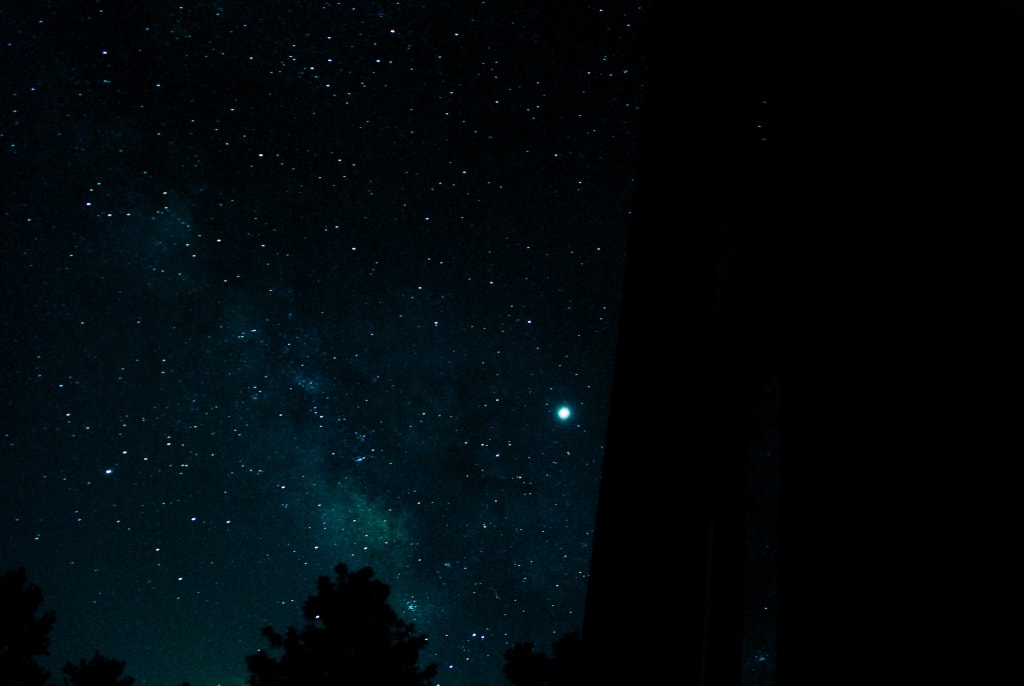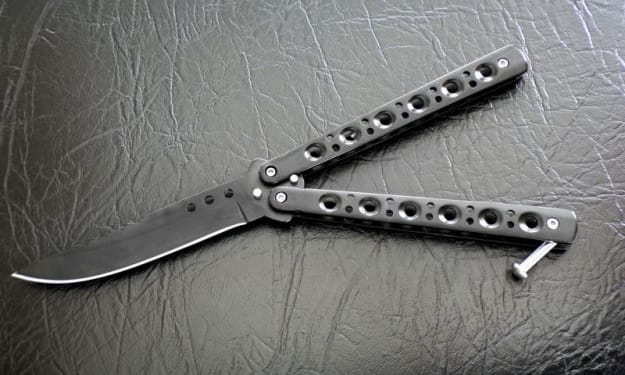
It’s nearly 9 o’clock when we leave the fire station. The sun had set nearly four hours ago, dipping behind Gold Hill and abandoning our small town in an icy darkness. My phone warns me that it’s below zero, without windchill.
I try to get a hold of my nerves as I wave goodbye to my Lieutenant and his wife. Driving in the snow and ice isn’t my forte. Growing up at the base of Pikes Peak was an extraordinary experience, but slick roads and freezing temperatures were the exception, not the rule.
The next few months of my life are about to change my exposure to dangerous conditions. I’ve signed up to be someone who rescues others from the storm and no matter how afraid I am, it’s now my job to set aside those fears and figure out how to navigate treacherous roads.
That doesn’t mean I’m not swinging my keys restlessly or giving my Captain a tense smile before jumping into my Grand Cherokee.
I have winter tires, the horsepower, but as I start Sally (yes, I’ve named my Jeep—family tradition) I have to wonder if I have the good sense to make the drive home. Fifteen minutes on a steep mountain road that winds through the woods, and down onto open fields where the snow rarely melts and the wind can gust over 30mph in the middle of the night is less than ideal. Cell service is never a guarantee and the closest houses are typically buried behind miles of driveway.
But it’s the only way I’ll get home to my husband and little boy.
My Captain and Lieutenant leave before me and I pull out onto the road in time to see Captain flash the red, white, and blue LEDs of Squad-3 at my Lieutenant as he turns off into his sub-division.
Then Captain disappears over the hill.
My heart sinks like a rock when I realize how isolating the pitch black is, how it seems to press in around Sally and my headlights only pierce a few feet of it. I can make out shapes around me, but the moon hasn’t risen and out here there are no such things as streetlights. Even the most familiar curves of the road seem alien.
Trying to gauge ice in the dark is like attempting to measure the depth of a muddy pond with just your eyes.
Black ice? Snowpack? Brakes or just let off? How much speed do I need to get up this hill without losing it on the curve at the top? Was that a doe on the side of the road or am I seeing things now?
I hum to myself as I make it up the winding crest of Gold Hill. I glance at the speedometer and flinch. 30mph in a 45. You’ve got this, grandma. If you’re lucky you’ll make it home by midnight.
Ruby red brake lights surprise me as I round the bend and I quickly—clumsily—reach up to click my brights off. The vehicle is stopped a good four or five car lengths ahead of me, and I squint in the dark to make out who it is. It takes me a minute to recognize the distinctive shape of Squad-3, the red stripes that flash along the sides and the bulky tops of the lights.
Captain?
Raising an eyebrow, I creep closer, watching my speed on the long stretch of frozen snowpack between us.
As soon as I’m within two lengths he’s off again, rumbling around the corner and into the trees. He’s out of sight for only a moment, and when I round the corner he’s waiting again.
By the time I see him slowing down for the fourth time, my exhausted brain finally puts together what he’s doing.
He’s making sure I get home ok.
And as I follow Captain down the mountain, I find myself completely humbled and grateful for such a simple, but meaningful thing. This is someone, who I just spent the last couple of hours poking and prodding while I practiced my twelve-lead placement (not only with my fingers needling between his ribs to find the fourth intercostal, but continually sticking and ripping off telemetry patches)—someone who has a much farther drive then me, who worked more hours than I did, and has a family of his own waiting at home.
I grew up in a city where it was every man for himself. By the time I was a teenager and the neighborhood kids had moved away, I didn’t know the names of my neighbors anymore. Less and less friends text each other to ask if we made it home alright after leaving each other’s houses. I worked in a large hospital as CNA, where competition was rampant, and comradery hard won. The amount of people that looked out for each other dwindled even more once I reached adulthood.
Survival seemed to be all that was on everyone’s mind.
But up here, things are different. At least, in this small town.
I find myself thinking of all the times the people of this community reached out to help me.
I’m at the station early on a Saturday morning, clutching a project for my EMT course in my hands that’s due in only a couple of days. I’d been struggling for the last week with it and my instructor had no desire to help me. But the firefighters and EMTs of my station cleared their schedules, already had articles printed out and made me lunch while I plunked away at making a cohesive presentation. They guided me with their own experience, and patiently helped me find my way to the right conclusions.
Noon on another Saturday and I’m on the phone with my Chief, trying not to sob because I can’t feel the fingers in my left hand and the room is spinning. In less than two minutes my neighbors are at my front door, asking me where my son is and holding my hands. When it turns out to be just a terrible migraine no one embarrasses me, but they all offer to watch my boy and dogs if it ever happens again.
Continuing education night at the station and we’re stumbling our way through the signs of sepsis. Suddenly we get off track and start talking about the community’s health. The next thing I know we spend the next hour coming up with ways to keep track of our neighbors, how we can get them access to more healthcare, vaccinations, and forge a more trusting relationship.
A fundraiser for the town’s charter school for a new, safer bus—they’re selling homemade pies for 50$ each. An anonymous donor buys five and donates 10,000$. The only thing we ever find out is the person lives in the community, but they have no children.
I’m tucked in bed in the pre-op of the closest hospital—which is extraordinarily small—at 26 weeks pregnant. There’s more pain in my body than I’ve ever experienced and even though this isn’t my first rodeo (my sixth, actually) but it is my first one where a little life is sleeping inside of me. Suddenly one of the OR nurses appears, with an ultrasound machine that she jokingly tells me she stole from radiology. “Would you like to see your baby? You can watch his heartbeat until they take you in.” I could never say thank you enough times.
It all culminates in a feeling that’s almost indescribable.
As I finally make it to the turn onto the dirt road that leads home, Captain slows down again and turns on Squad-3’s lights. I flash my high beams, the only way I can say thank you, and sigh with relief as my tires hit the snowy gravel.
Not every small town is this perfect or this kind. Not every big city is so unforgiving and lonely. But as I turn over the word ‘selfless’ in my mind and remember all the ways people have helped me out here, I’m beginning to realize that kindness is an investment—an investment in your own world and future.
That smile you give to someone who looks sad, that friend you text who’s struggling with a divorce, that man on the side of the road that you buy a sandwich for—they’re all ways of building a community. Sometimes they’ll go unnoticed, other times they’ll be the brightest spot in someone’s day, a pivotal moment that might help carry them through something difficult or change their perspective.
People here have invested in me, have shown me kindness and faith when I felt worthless. In return, as I grow and become more successful, I hope to give back everything they’ve given me.
Time, loyalty, gratitude, and to care about the people around me, regardless of their circumstances.
About the Creator
Stephanie Traceski
Mother of a strong, stubborn little boy. Wife to the sweeter version of Wolverine. Endometriosis warrior and survivor. Fledgling EMT in the rural mountains of Colorado.
*All photographs used in stories are my own






Comments
There are no comments for this story
Be the first to respond and start the conversation.